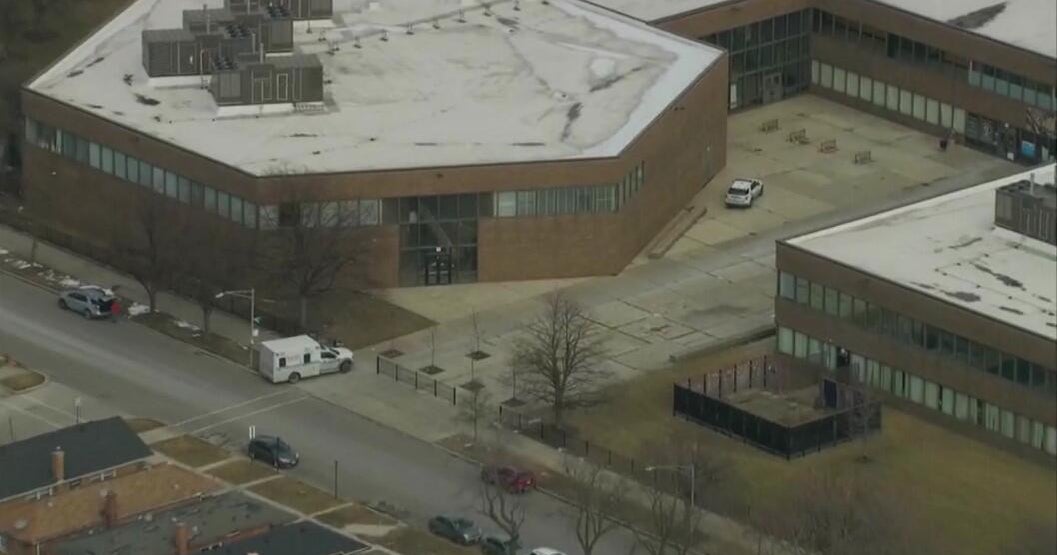Orthokeratology Claims To Correct Vision While You Sleep
BOSTON (CBS) - The number of people who are nearsighted, a condition doctors call myopia, has doubled in this country since the 1970's. While the theories behind that increase are numerous, one thing is certain, millions more people are wearing glasses, contacts or having corrective laser surgery.
Devon Wiley of Hingham is one of those millions, but she's trying something different to correct her vision.
It's called Orthokeratology. It's a contact lens that the high school student only wears at night while she is sleeping. In the morning she takes them out and her vision is temporarily corrected.
"It works amazing," she said.
Devon was fitted for her special contact lenses by financial district optometrist, Dr. Curtis Frank.
"We're reshaping your cornea," he explained. "Just like Lasik would do, but it's without surgery."
Devon said it takes a little getting used to, but now this high school athlete can't imagine playing lacrosse or field hockey without it.
"In the summer when it's really hot out and you are sweating, you want to be able to touch your face. If you are wearing contacts, you are scared that one of them is going to fall out," she said.
That freedom from glasses or contacts is a huge draw for young athletes like Devon, but according to Dr. Frank, there is a more important benefit for children with myopia.
"What these lenses do is they slow down the progression[of myopia]," he said.
That may sound great, but Massachusetts Eye and Ear cornea specialist Dr. Ula Jurkunas is not so sure.
"Studies so far are not convincing that actual myopia progression diminishes from Orthokeratology," she said.
Mass Eye and Ear doesn't even offer the treatment.
According to Dr. Jurkunas, that's mostly due to the risk of infection. "The majority of infections that were published were really severe, affecting the central vision," she said.
Dr. Frank told us that none of his patients have developed an infection. He also noted that there is a risk of infection with the use of any contact lens.
"Hygiene is very important and replacing lenses on a regular basis is important. If you do those things, I think the risk of serious infection is very, very low." he said.
In three years, Devon has never had a problem and she says she's never going back.
"I love the easiness of not having to wear anything during the day," she said.
The effect of the Orthokeratology lenses only lasts for one day.
If you forget to put them in at night, you'll need to wear your glasses the next day.
The average cost runs between $1,500 and $2,000.







